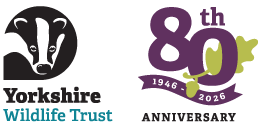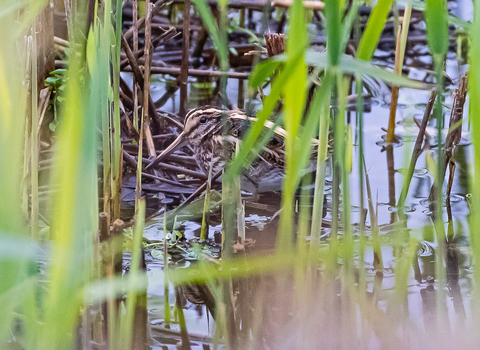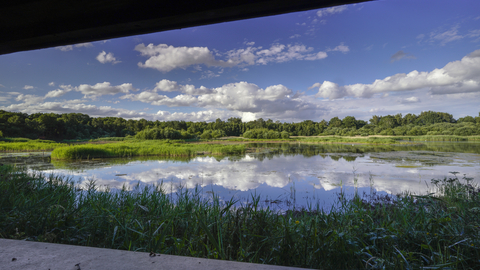
Potteric Carr nature reserve
Location
Know before you go
Dogs
When to visit
Opening times
The nature reserve and visitor centre is open Tuesday to Sunday and Bank Holiday Mondays 9:30 to 5pm in summer and 9:30 to 4pm in winter (from 4th Nov. 2025) The cafe is open until 3:30pm with hot food served until 2:30pm.Best time to visit
All yearAbout the reserve
Potteric Carr is a wild oasis just waiting to be explored. Now nestling between motorway and railway, it's a remnant of the vast fenland that once stretched all the way across the Humber basin to the coast. Around each corner you'll discover a true mosaic of habitats, from reedbeds swaying gently under big open skies to winding woodland trails and networks of ponds teeming with life.
Plan your visit
Start your day at the visitor centre - the perfect place to pause for a hot drink and browse the gift shop. From birdwatching to fabulous fungi, discover amazing wildlife experiences at Potteric Carr.
Plan your visit
Coronation Meadows
To celebrate the 60th Anniversary of the Queens coronation in 2013, Rossington Carr Fields and Loversall Carr Fields received a donation of locally sourced wildflower seeds and were designated as Coronation Meadows.
Rossington Carr Field received seeds from Owston Meadows and Loversall Carr Fields received donations from Fen Carr, Denaby Ings and Owston Meadows.
Since then, these new Coronation Meadows have increased the area of this valuable habitat, providing new homes for bees, butterflies and other pollinators and helping to secure our wild flower heritage for the next 60 years and beyond.
About
Potteric Carr is an area of low-lying land to the south east of Doncaster which forms the floodplain of the River Torne. The site is fabulous for birdwatching with marsh and water birds being particularly numerous. Over 230 species of birds have been recorded and 102 species have bred, with over 65 species breeding each year. A major extension to the site was designed to enhance this and has already resulted in breeding marsh harriers and bitterns. Spring and autumn are exciting times as a wide range of migrant birds can arrive at any time.
Potteric Carr's marshes support a wide range of plants providing a spectacle of colour throughout the summer. Plants include greater and lesser spearwort, water soldier, water violet and Southern marsh orchid. The disused railway embankments, constructed from magnesian limestone, encourage plants such as common spotted and bee orchids and old man's beard, Britain's only wild clematis.
Great crested and palmate newts are present in some of the pools and toads are common. Mammals include water shrew, water vole, harvest mouse and roe deer. The nature reserve is excellent for insects and other invertebrates too, with impressive lists of moths, spiders, beetles, bugs and hoverflies. Purple hairstreak and brown argus are among the 28 species of butterfly to have been seen, with 21 species of dragonfly noted.
Begin your journey at the Potteric Carr visitor centre. Find out more.
Seasonal highlights
- Spring: Plants - Colt's foot; Birds - Black-necked grebe; Marsh harrier; Little ringed plover; Avocet
- Summer: Plants - Purple loosestrife; Southern marsh orchid; Birds - Green sandpiper; Invertebrates - Banded demoiselle; Brown argus
- Autumn: Birds - Little egret; Teal; Gadwell; Willow tit; Mammals - Roe Deer
- Winter: Birds - Bittern
History
The mosaic of habitats we see today is largely due to management work by the Trust's staff and its hardworking volunteers. In the 16th Century the area was a small part of the Hatfield Royal Deer Chase but it eventually fell out of favour due to being continuously flooded. Over a period of 150 years various attempts were made at draining the area, the final successful attempt being in the 1760s. In the 1950s coal seams from Rossington Colliery penetrated under the area. Over the next 15 years, as subsidence occurred, the fen conditions returned together with the associated wildlife.
In 1968, a small area (13 ha) was declared a nature reserve by Yorkshire Wildlife Trust. Over time the area of the site was gradually increased by purchase or lease and, in 2005, was extended to 200 ha when a further 75 ha of former farmland was purchased and major developments took place to improve habitats and visitor facilities and create a new extensive marsh.
Directions
Public transport
Regular buses run from the Frenchgate Interchange in Doncaster to Lakeside and the White Rose Way. Alight by B&Q, opposite Onecall and cross the White Rose Way at the traffic lights. The nearest train station is Doncaster.
By car
Coming from Doncaster take the White Rose Way (A6182), at the roundabout follow the directions for the M18. Potteric Carr Nature Reserve is signposted. From the A1 (southbound) come off at Junction 35 for the M18, then take Junction 3 towards Doncaster and follow signs for the A6182 (White Rose Way). At the first set of lights you reach, turn right into Mallard Way. Park at the visitor centre car park.
Our café menu
Please note: Our cafe will run a slightly reduced menu over the festive period, including:
- Hot and cold sandwiches,
- Homemade soup
- Drinks and cakes
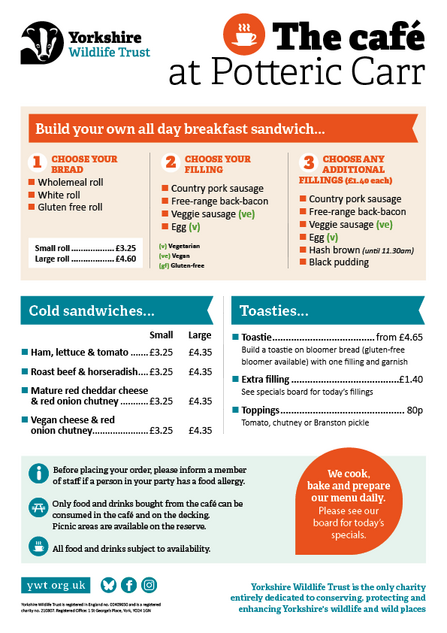
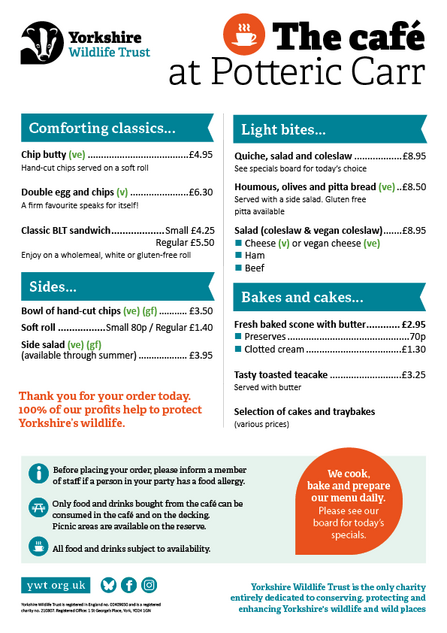
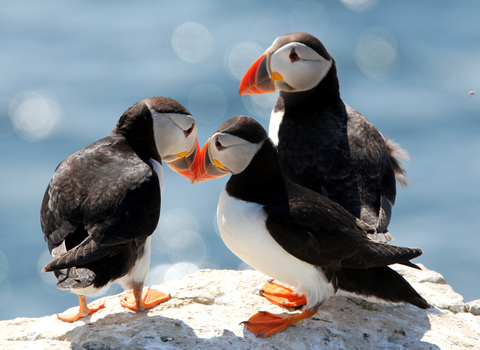
Puffin - (C) Jim Highman
Help create a Yorkshire rich in wildlife
Yorkshire is home to magical wildlife and wild places. It’s undeniably special, but it’s also under serious threat.
Nature can't act to stop and reverse these trends - but together we can!
Will you join Yorkshire Wildlife Trust and make a real and lasting difference?
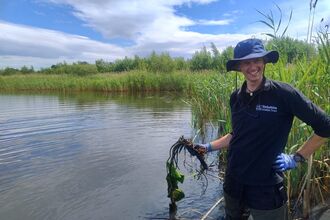
The view from here - my life changing experience as a voluntary placement
Sara, one of our Telling Our Story volunteers, spoke to Dave Shipman who at 41, swapped his 9 – 5 for a year in wellies, wildlife, and…
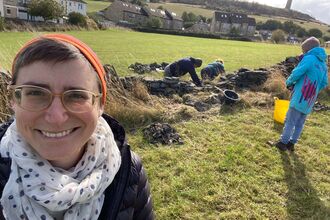
Building a Wilder Future - A Trustee's View
Suzannah Rockett joined YWT as a Trustee in autumn 2024, bringing a wealth of experience and enthusiasm to the Board. In this inspiring…
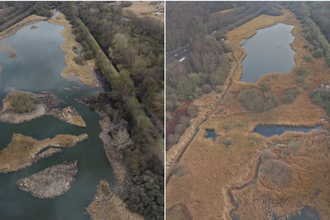
Restoring some of Potteric Carr’s oldest marshes
Mark Roberts, Potteric Carr’s reserve manager, talks us through some of the recent changes at Decoy Marsh and Old Eaa Marsh.
